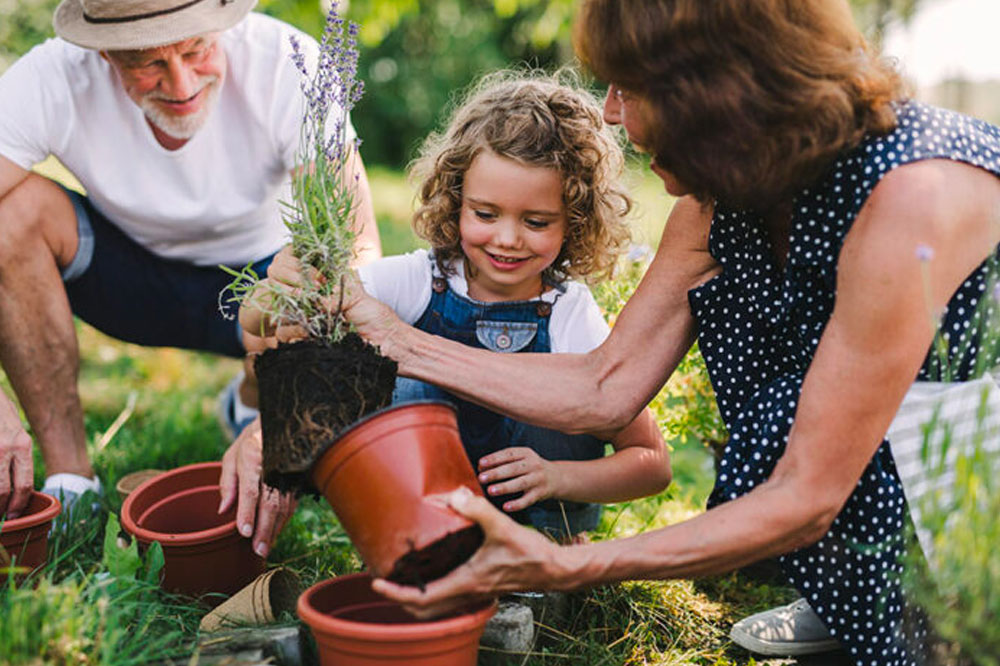6 common gardening mistakes to avoid

Gardening is one of the most beloved hobbies for multiple reasons. To begin with, this is an activity in which one is surrounded by greenery, fresh air, and, above all, positive vibes. Additionally, gardening is a great exercise as it makes one stretch and sweat. Gardening involves several aspects, such as irrigation, using fertilizers, planting seeds, and taking care of growing plants and one must avoid making certain common gardening mistakes in the process.
Planting too early or too late
It is important to be mindful of the temperatures and climate at which specific seeds sprout. For instance, kale seeds sprout in warmer temperatures. So, if one goes ahead and sows them too early in the spring, they will not do well. In fact, such seeds will end up rotting. On the other hand, if certain seeds are planted too late, then the plants may freeze before their fruits have time to mature.
To avoid planting too early or late, one needs to always know the soil temperature in their garden. Therefore, using a soil thermometer can be helpful to prevent this common gardening mistake.
Underwatering or overwatering
Watering is another facet of gardening that needs the perfect balance. Underwatering the soil, or forgetting to do so at the right moments during the day, can leave the roots dried up. On the other hand, overwatering floods the soil and negatively affects the roots as they cannot get enough oxygen due to the water overdose.
A handy trick to know whether the soil needs watering is to stick one’s finger two inches into the soil if the garden is loamy. If the soil underneath is moist, it does not need watering immediately.
Not interplanting
Interplanting is the act of pairing companion plants so that they grow in combination. One can also bundle taller and shorter plants while gardening. This is a radical gardening concept and moves slightly away from the traditional concept of growing only one type of plant in a bed at a given time. The biggest benefit of interplanting is that it helps whittle weeds and brings in pollinators beneficial for further seeding and plant growth.
Moreover, interplanting is known to reduce the likelihood of plants catching diseases or being attacked by pests as well.
Overfertilizing the soil
Fertilizers are vital to improving the nutrient content of the soil. A well-fertilized soil is critical to keep the plants growing and well-nourished and, by extension, make the garden a green and vibrant place to be. However, fertilizers contain chemicals, and using them excessively can lead to side effects such as the soil becoming too saline or, in some cases, unable to grow plants.
Overfertilizing can also kill crops and cause a biological imbalance between the soil and plants. Therefore, using organic compost and natural fertilizers is preferable as opposed to using powerful, chemical-filled ones.
Overlooking the local climate
As implied earlier, factors such as local climate, soil temperature, and rain expectancy are closely linked with the success rate of plant growth in a garden.
Not paying heed to such factors can result in a dysfunctional garden, which is why, overlooking them is one of the biggest gardening mistakes to avoid.
Not spacing plants adequately
Inadequate spacing between plants can limit their yield and, in worst-case scenarios, kill the crop altogether. Therefore, giving each plant enough space is essential. Not doing so is one of the biggest gardening mistakes to avoid.